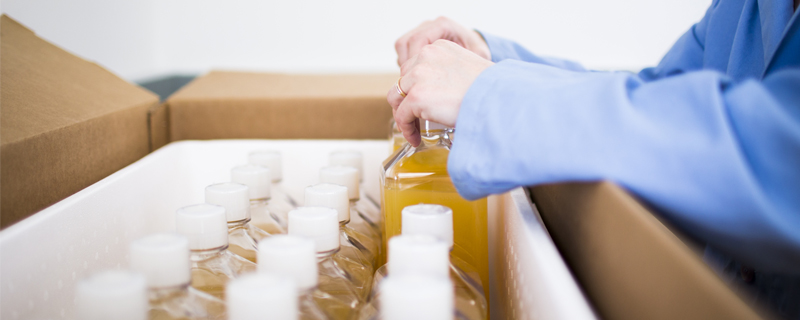
Why the shift toward FBS replacement in cell culture media?
From research to translational medicine, Fetal Bovine Serum (FBS) has been the most common supplement since the 1950s. FBS supports cell growth due to its mix of components like serum albumin, hormones, and growth factors.
While FBS is widely used due to its broad utility, it presents significant challenges, including high costs, fluctuating prices and batch-to-batch variability in quality and composition. These inconsistencies can affect experimental reproducibility. Additionally, biosafety concerns can present regulatory hurdles that do not exist in animal free culture. Since FBS is a by-product of the meat industry, its global supply is influenced by factors such as consumption levels, feed prices, and environmental or pathogen-related issues like drought and disease. Increasing demand, availability challenges, and ethical concerns have driven researchers to seek alternatives to FBS for cell culture.
In this infographic, we explore the need for good FBS alternatives like RMBIO’s Fetalgro EX®. Fetalgro EX® is a cost-effective and sustainable alternative to FBS, designed as a generalist media additive with broad cell line compatibility. It serves as a direct 1:1 replacement for FBS, requiring no adaptation for cells previously cultured in FBS. Fetalgro EX® can directly replace FBS in media at the same concentration and supports diverse cell types such as CHO, HEK293, VERO, and HeLa cells, showing comparable cell morphology and rigorous safety standards.
Fetalgro EX® ensures consistent and reliable cell culture performance, meeting or exceeding the cell growth characteristics of FBS. It is rigorously tested for mycoplasma, sterility, and viral contamination according to 9CFR standards, and features low endotoxin (<10 EU/mL) and hemoglobin (<30 mg/dL) levels. This alternative addresses FBS variability and cost, providing a sustainable solution for cell culture applications.
To learn more, please go to www.rmbio.com.